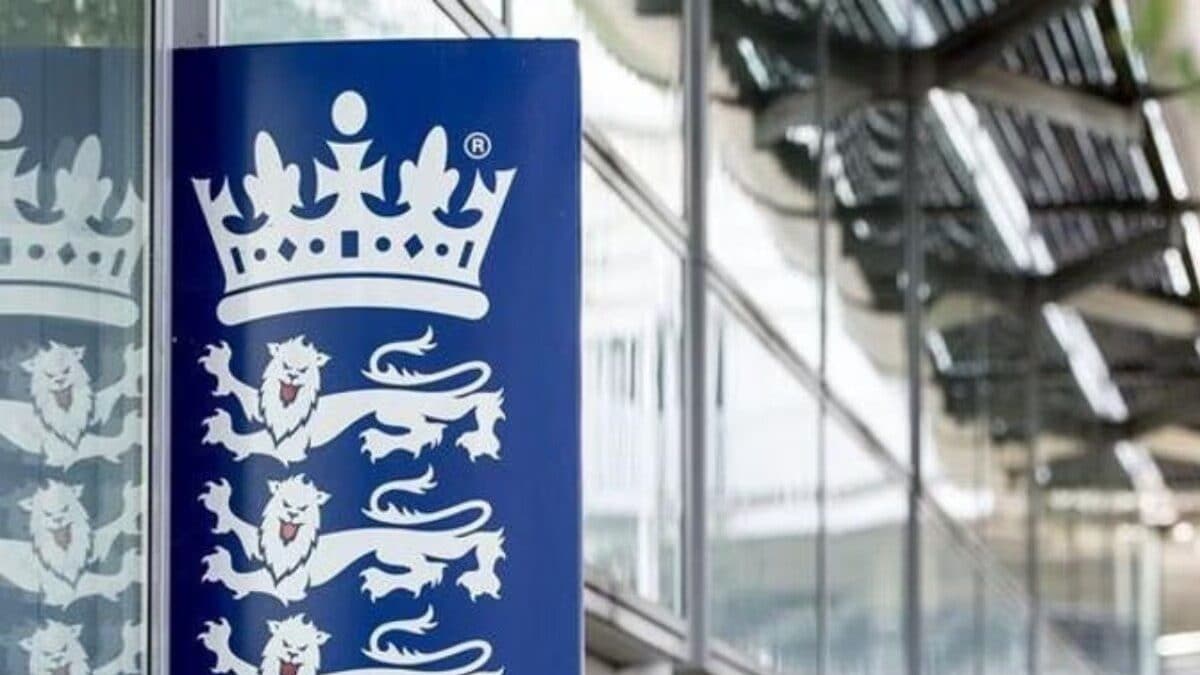This is Money has spoken to a number of experts across the field of vehicle security to create a list of 13 tips all car owners should follow to best protect their motors.
We’ve enlisted the help of Thatcham Research, AA President Edmund King and vehicle crime consultant Dr Ken German – previously head of technology at the Met stolen car squad with a PhD in International Vehicle Crime – to compile the ultimate list of car security tips:
1. Make sure your car is locked in the first place
This may seem obvious, but a large proportion of thefts are a result of the vehicle being left unlocked or criminals using signal jammers that block your key fob from communicating with the car’s locks.
Drivers should always check the vehicle is locked and the windows are up after using a key fob. Listen for the locking noise and watch for the lights to flash and – if your car has them – automatic wing mirrors to fold.
2. Don’t leave your car engine running to defrost windows
Freezing temperatures can tempt drivers into starting the car’s engine to deice or defrost the windows, then returning to the warmth indoors until the windscreen is clear.
It might sound obvious but by leaving a vehicle unattended is a huge security risk, even if it’s on your own private driveway. In fact, it is illegal to do this, and your insurer is unlikely pay out for any loss if your car is stolen as a result of this.
Thieves will be checking for stationary cars emitting exhaust smoke or that have wing mirrors that normally are folded in when locked but are clearly not.
3. Keep valuables out of sight
‘Out of sight, out of mind’. Remove all valuables from your vehicle to make it less of a target to opportunistic thieves.
4. Do you have an alarm and immobiliser?
Ensure your vehicle has a Thatcham-certified alarm, immobiliser and tracking system fitted. Some insurance policies require the fitment of a tracking device, so it’s important any associated subscriptions to monitoring services are maintained.
5. Mechanical security systems – like a steering lock – might seem ‘old hat’ but are a great deterrent
Steering wheel locks, gear clamps, wheel clamps and other traditional security systems can act as a strong visual deterrent against thieves.
6. Install a doorbell camera or CCTV at your home
Doorbell cameras and CCTV systems are becoming increasingly popular as both a deterrent for car crime and to catch thieves.
Make sure you invest in one that has a night vision mode and crisp HD resolution.
Motion-sensing driveway lighting can also be a strong deterrent.
7. If you have a garage, use it!
If you have a garage, try to make sure there is enough room for your car to fit into it, rather than using it for storage for all types of household clutter.
If you have multiple vehicles, almost prioritise the garage for the one of highest value – and park another car in front of the garage door as an extra precaution.
And if you have electric garage doors, do not keep the transponder inside the vehicle, such as in the glovebox. Victims have subsequently found this to be the reason for their property being burgled.
8. Think about where and how you park overnight
Most car thefts take place under the cloak of darkness, so this is the most important time to consider how secure your vehicle is.
If you don’t have a garage but do have a driveway, always park tactically.
For instance, if you have a big driveway, park the car sideways to so any thief will need to manoeuvre it. If your driveway is smaller, park facing your house to increase the chances of you being alerted to the lights coming on. And park with the wheels turned on full lock to extend the time it takes for criminals to make a getaway. Even consider parking another less desirable car in front (or behind) your vehicle to prevent easy removal.
Those with driveways can also purchase lockable barriers to restrict access – and experts advise that a car cover is often a deterrent due to the time it takes to remove one and will look suspicious to neighbours and passersby.
If you do not have off-street parking, try to leave your car in a well-lit area – ideally with CCTV monitoring – and in a position that makes it difficult for a thief to move quickly.
Ken German tells us that some motorists are being extra inventive in their bid to protect their cars. Some previous victims are leaving mannequins in the driver’s seat to dissuade unwanted visitors.
9. Check repair centre and bodyshop accreditation to avoid key cloning
If you need to leave your key with a garage or bodyshop, you should check that they are a member of an accredited code of practice/professional standard such as The Motor Ombudsman or The British Parking Association’s Park Mark scheme.
This should reduce your chances of falling victim of key cloning.
Also, if you have purchased your vehicle second-hand with only one working key, visit an approved repair centre to have the missing key(s) deleted and add a spare as soon as possible.
10. Consider a dashcam or a car with theft alerts
Dashcams have grown in popularity in recent years, with motorists primarily using them to prove they were not at fault in a crash.
They also act as a great theft deterrent. This is because many of these devices will also record suspicious activity around your car is parked up and you’re not in it.
However, make sure you buy one that uploads videos to cloud storage rather than saving it only a memory stick in the dash cam – because you will also lose this if your car is stolen.
Some modern vehicles now offer ‘parking mode’, which also can also detect and record movement when parked. This can be used as supporting evidence by your insurer and the police.
Many of these alerts will be powered via a smartphone app, so ensure you’ve activated the feature and turned on notifications.
11. Always wipe stored info from a car before you sell it
Some vehicle apps and connected systems can provide the previous owner with access.
If permissions remain active, ensure that all permissions and data linked to the previous owner are wiped.
12. ‘Locust’ thieves might strike twice
A new wave of ‘locust thieves’ exist today who strip cars whilst they’re parked at the side of the road and even outside owners’ homes.
Many people have woken up to find wheels, bonnets and grills and even doors missing from their cars rendering them undriveable. This is because these parts are becoming more valuable since the pandemic with factory closures and slowdowns meaning some components are not as readily available from manufacturers as pre-Covid.
For instance, a Porsche headlight can be worth up to £1,000 today, which has driven a rise in these parts being stolen. Wing mirrors for top of the range vehicles are also easy-to-steal high-value components.
Ken German warns that falling victim to locust thieves might not be the end of the story. He says owners who have had parts pinched from their car should check around and under the vehicle to ensure thieves have not fitted a tracking device so they can track when the motor is not being used and return at a later date to attempt to steal it.
13. Be aware of scam crash tactics deployed to steal cars
While carjacking still exists today, it is not as prevalent in the UK as it is in some other countries, such as South Africa.
That said, if you are in a high value vehicle you would be wise to drive with the doors locked in traffic.
Also drive defensively when in a queue leaving enough space in front for you to get out of a tight spot should you need to.
If your vehicle is bumped from behind, wait to pull over and find somewhere safe where there are people. If you’re suspicious don’t unlock the door and call the police.





